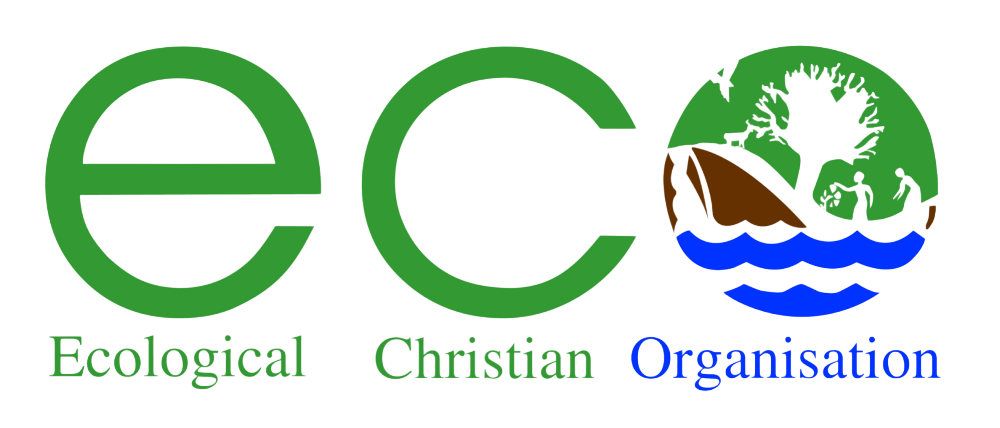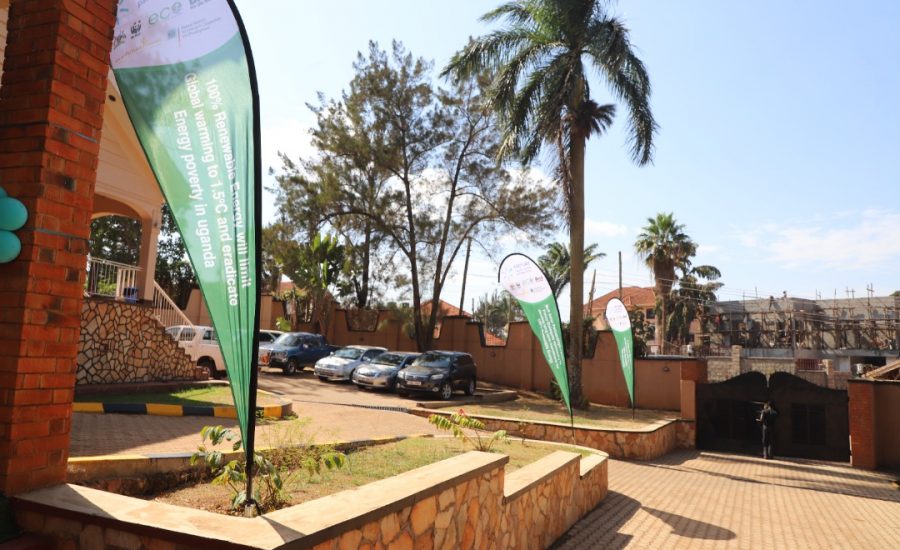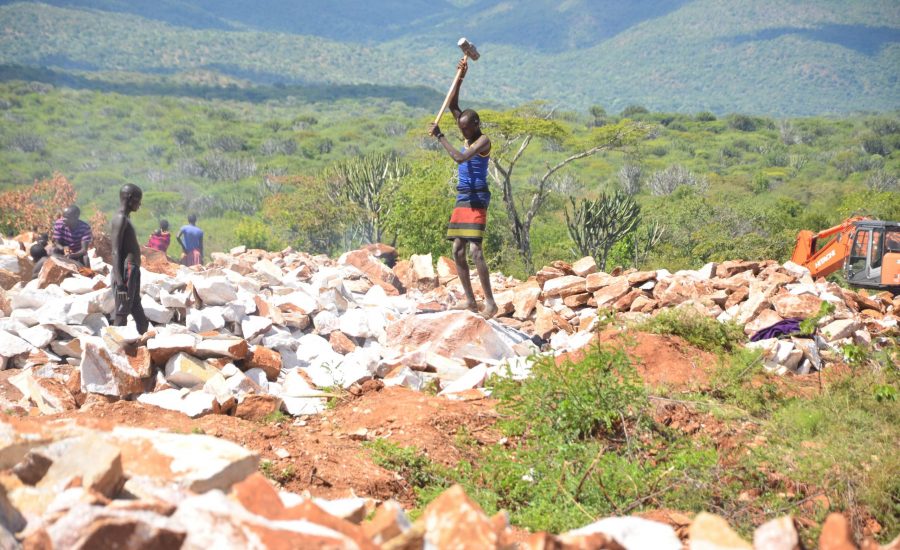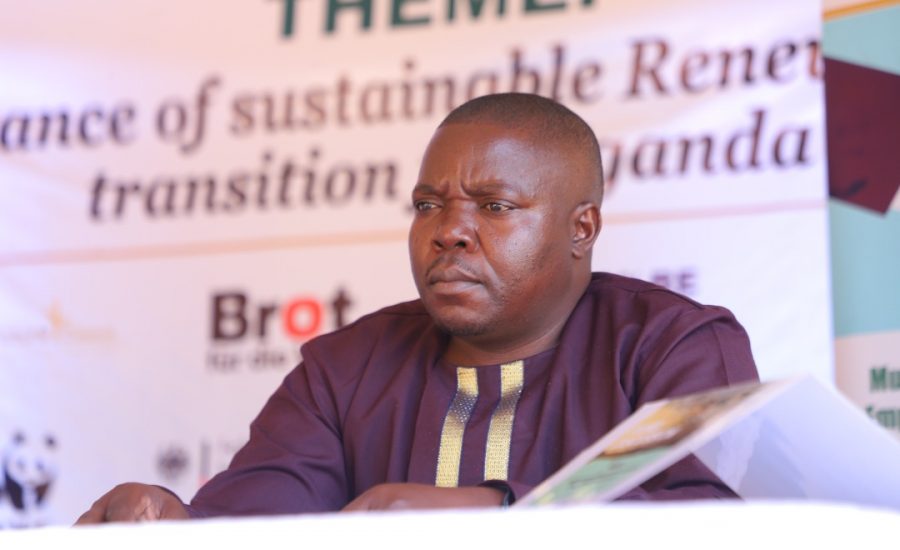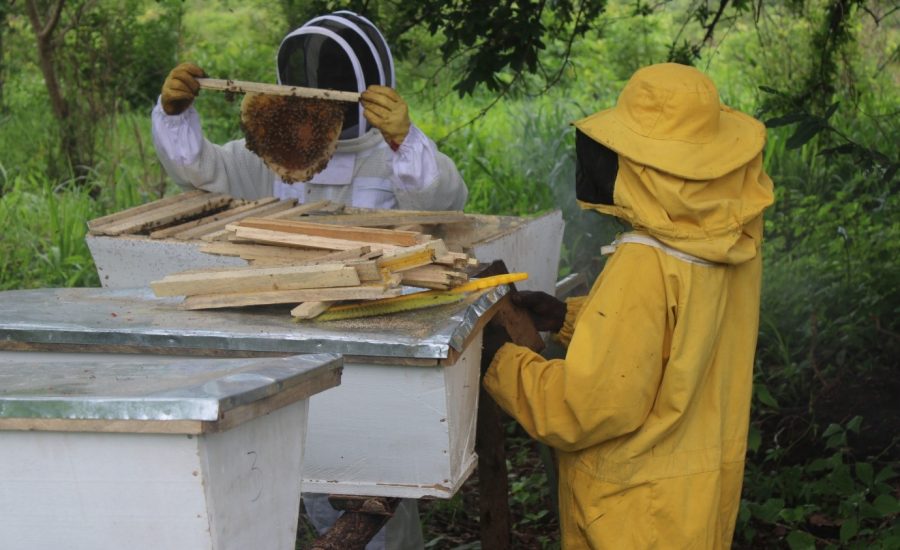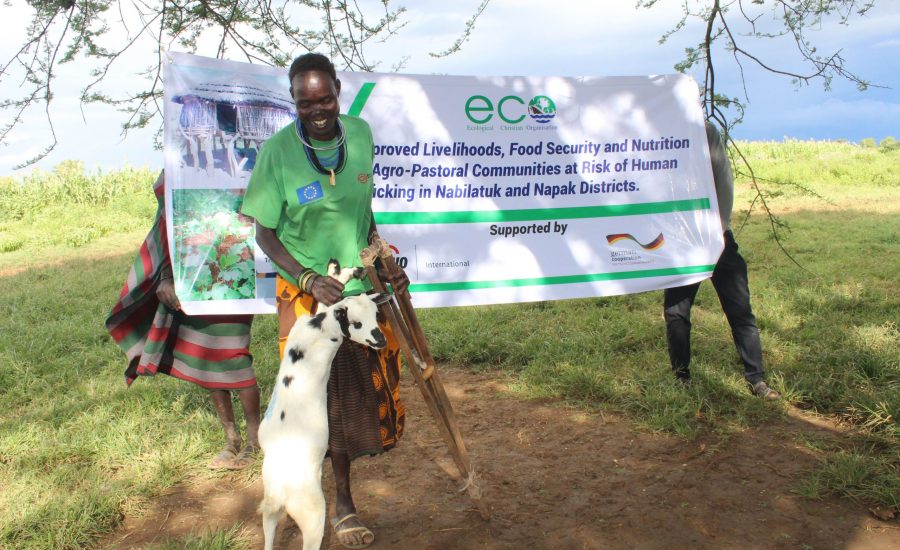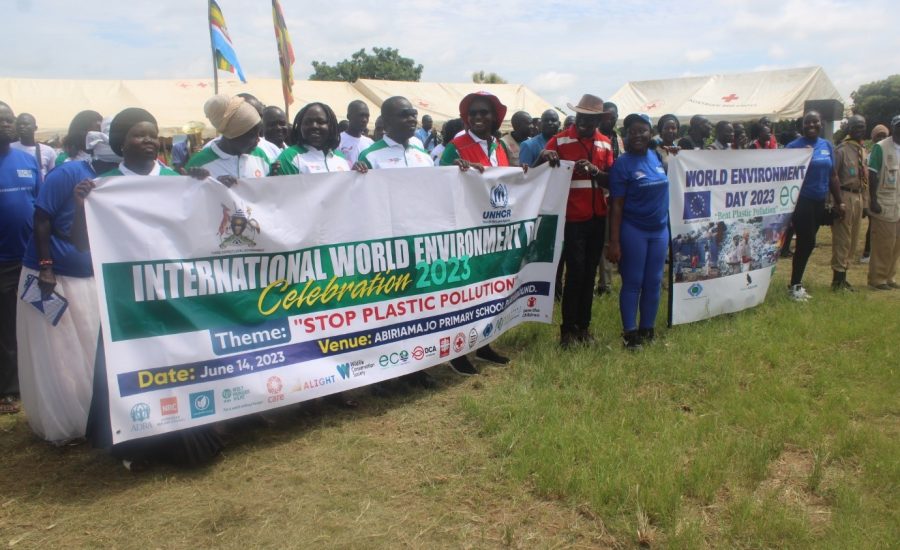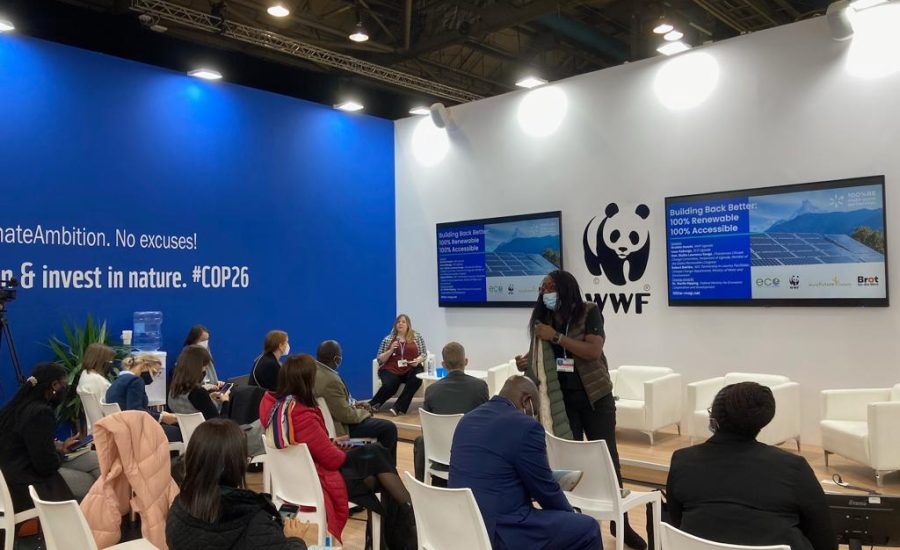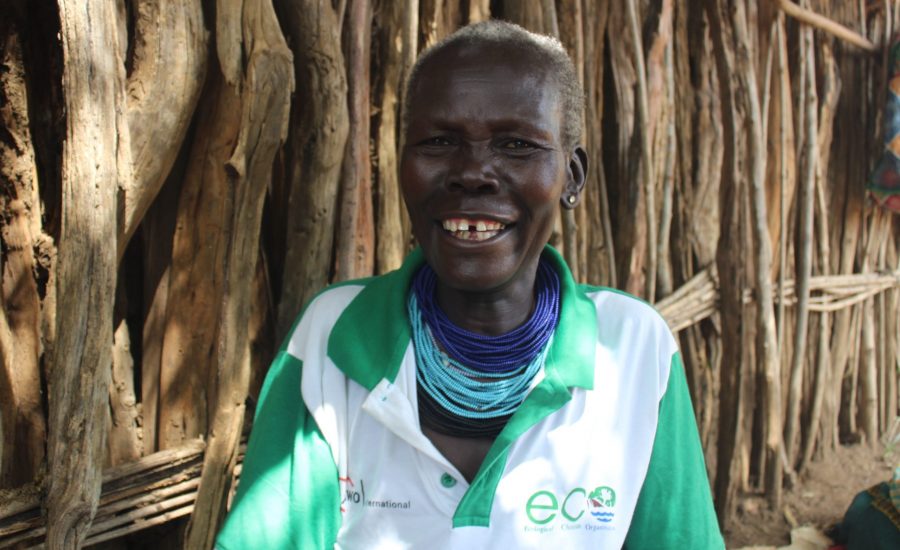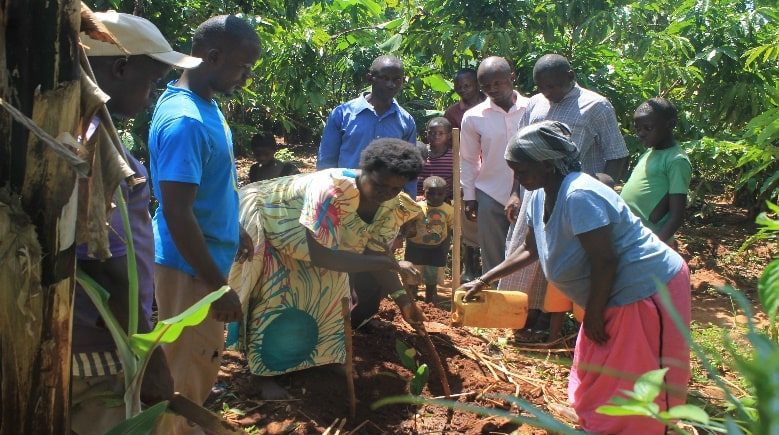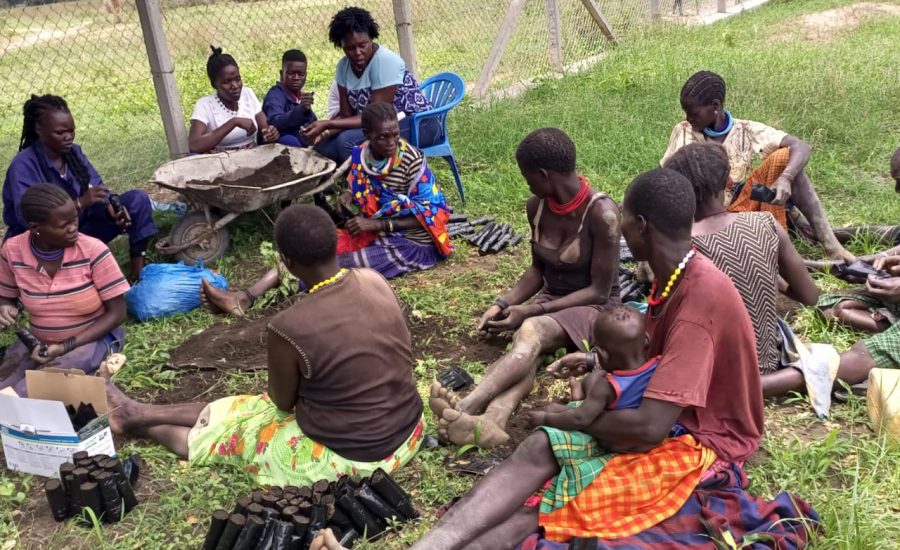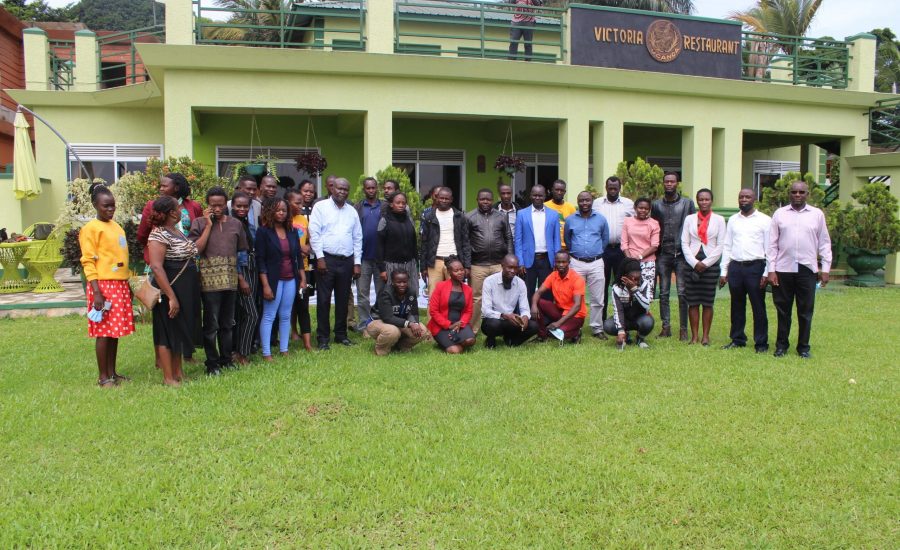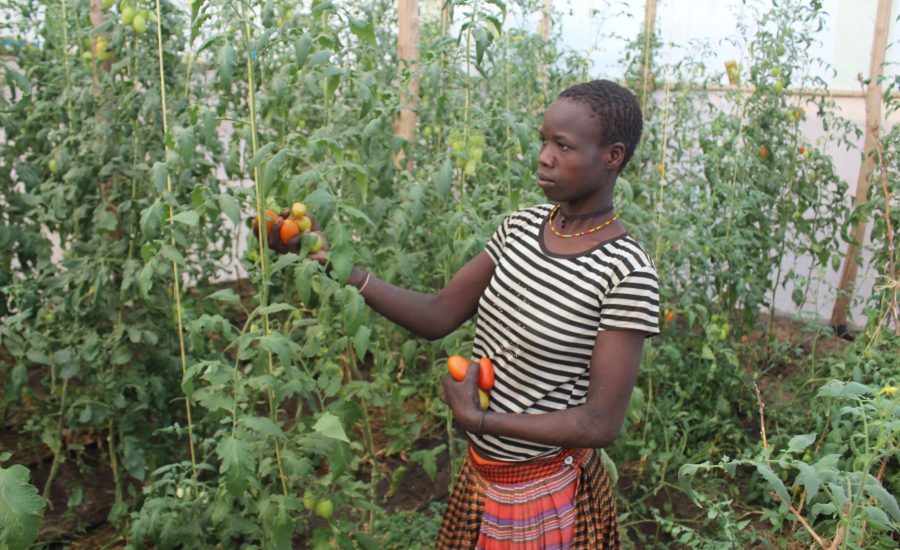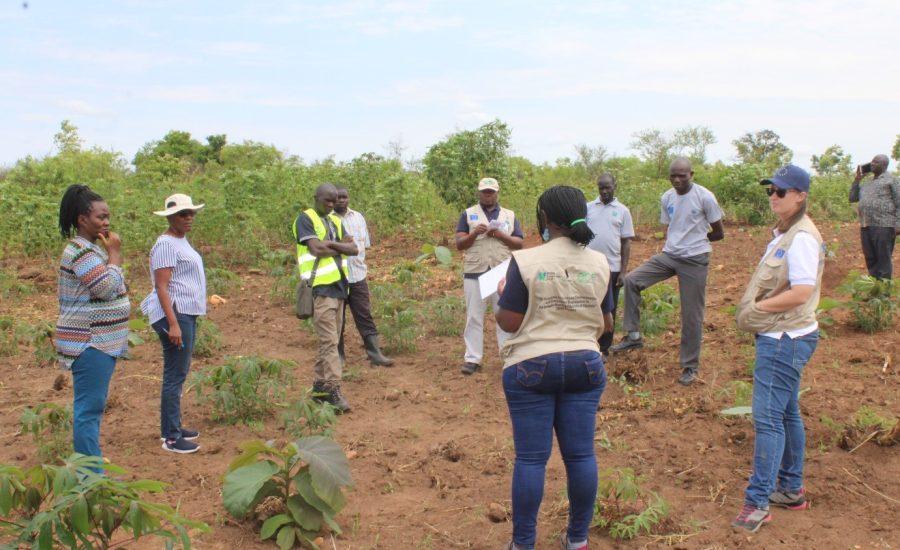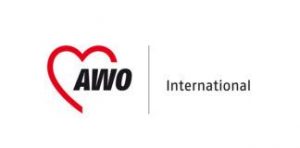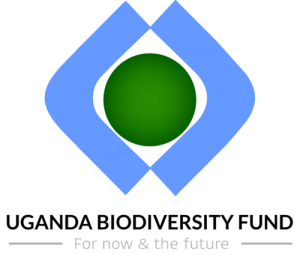Over View
Ecological Christian Organisation (ECO) is an indigenous, Non-Governmental Organization registered in Uganda as S.5914/5509 and working towards realization of sustained livelihoods for marginalized, under-served and vulnerable groups in Uganda. Since its inception in 2005, ECO has implemented a varied portfolio of projects in the greater Karamoja region, West Nile and the L. Victoria basin.
ECO’s mandate spans the entire country which, despite its abundant and quality natural resources, has a high proportion of food-insecure people living below the poverty line and contributing significantly to environmental degradation. There are, however, considerable opportunities and possibilities for economic growth and attainment of national development goals and global sustainable development goals, particularly those relating to poverty, hunger and environmental sustainability.
ECO envisions an improved quality of life and sustainable livelihoods for the underserved and vulnerable groups in Uganda, through improved and sustainability-managed natural resources.
ECO’s mission is to engage and empower under-served communities and vulnerable groups to realize and protect their rights and dignity in a context of sustained ecosystems and inclusive governance.
Over the years, ECO has implemented projects and programs aimed at promoting natural resource governance, climate change resilience and adaptation, and ecosystems management and restoration. ECO is also at the Centre of piloting and promoting integrated approaches to national resources management like Population Health and Environment (PHE) interventions, Integrated Water Resources Management among others. ECO ensures collective local action for sustainable natural resources management in order to improve livelihoods of underserved and marginalized communities.
ECO subscribes to a number of national, regional and international networks including the Climate Action Network – Uganda and International (CAN-U & I), Environment and Natural Resources Civil Society Organizations Network (ENRCSO Network), Participatory Ecological Land Use Management (PELUM), Population Health and Environment (PHE network) and International Union of Conservation of Nature (IUCN).
Vision
Mission
Goal
Objectives
To promote gender parity in the sustainable management of natural resources in Uganda.
To promote good governance in the management of natural and public resources through transparency and accountability mechanisms in Uganda.
To strengthen community based disaster risk management structures and their resilience to the impacts of climate change.
To promote policy research on topical themes relating to sustainable management of natural resources and climate change.
Projects Update
Thematic Areas
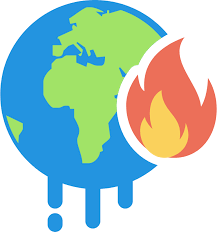
Climate Resilience
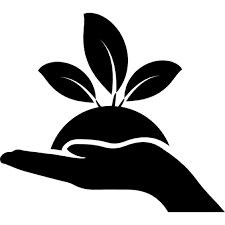
ENR Sustainable Livelihoods

Population, Health and Environment (PHE) integration

